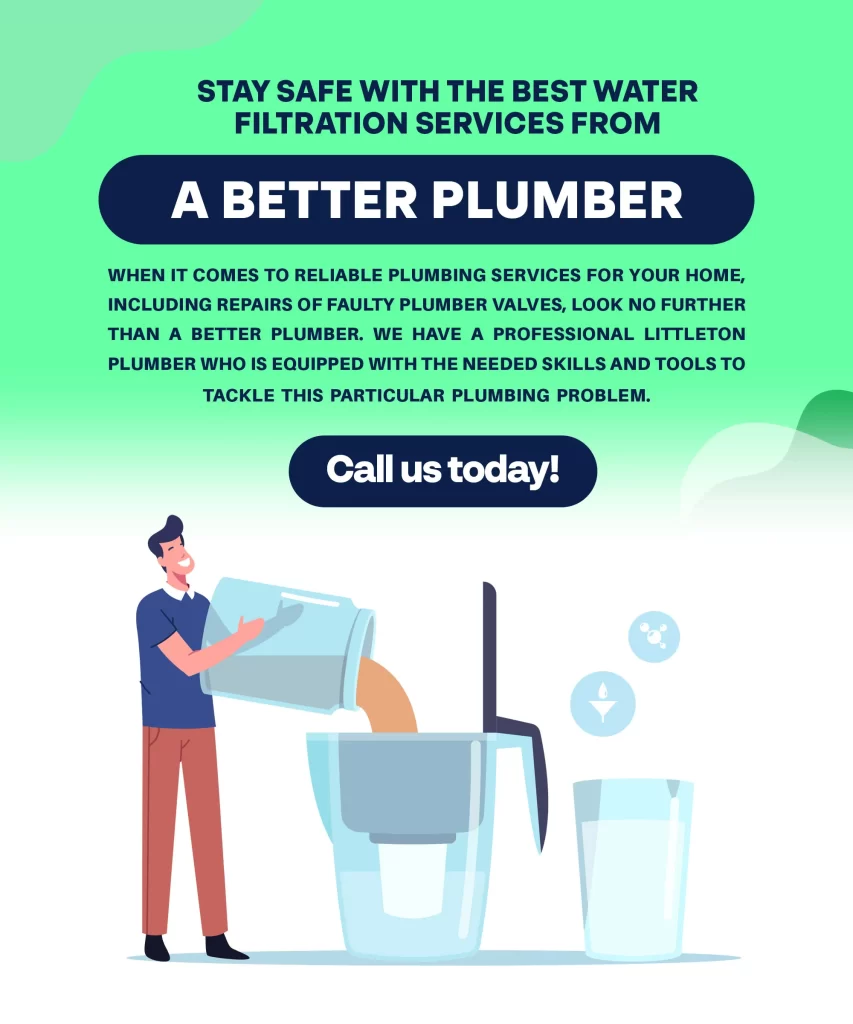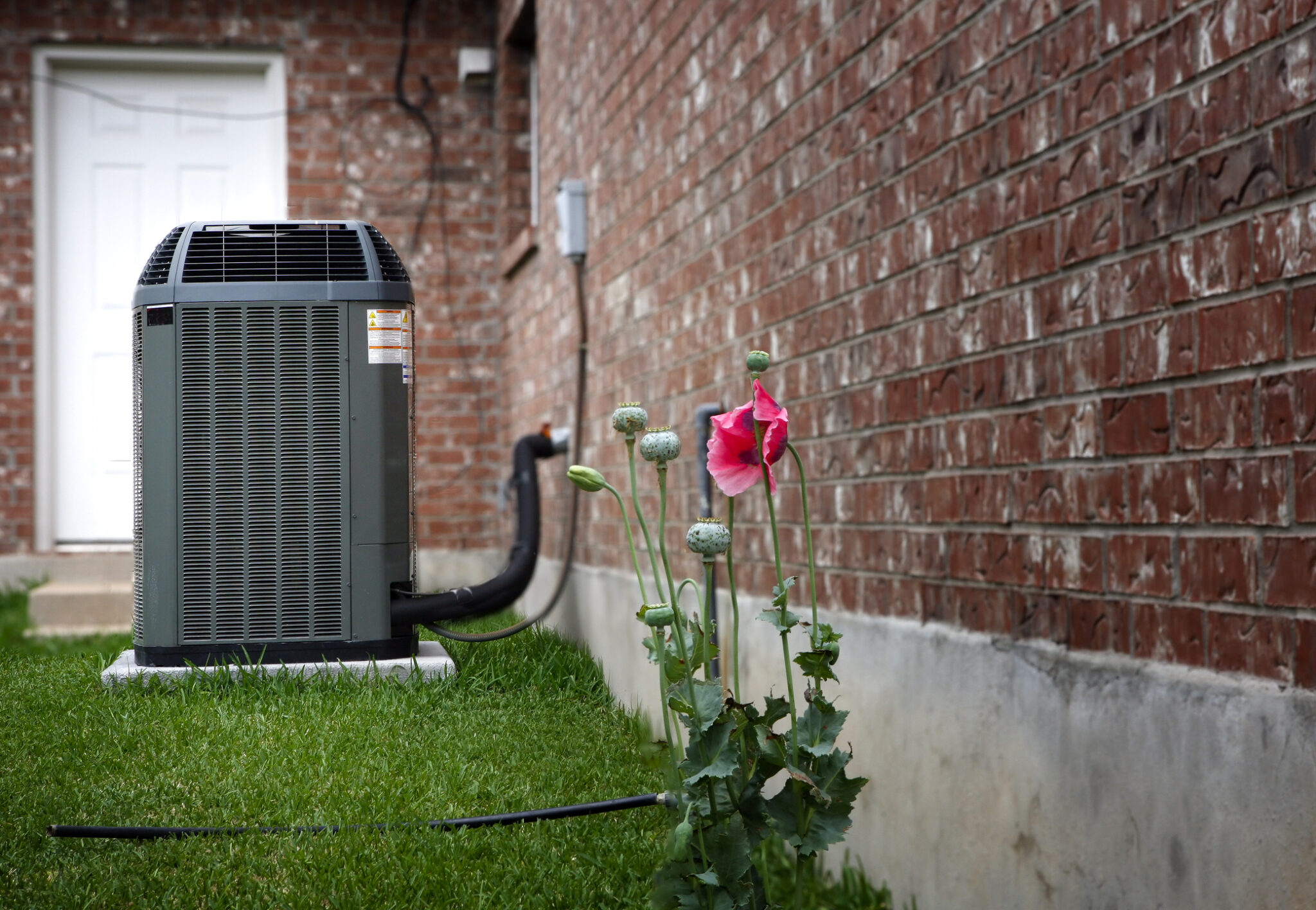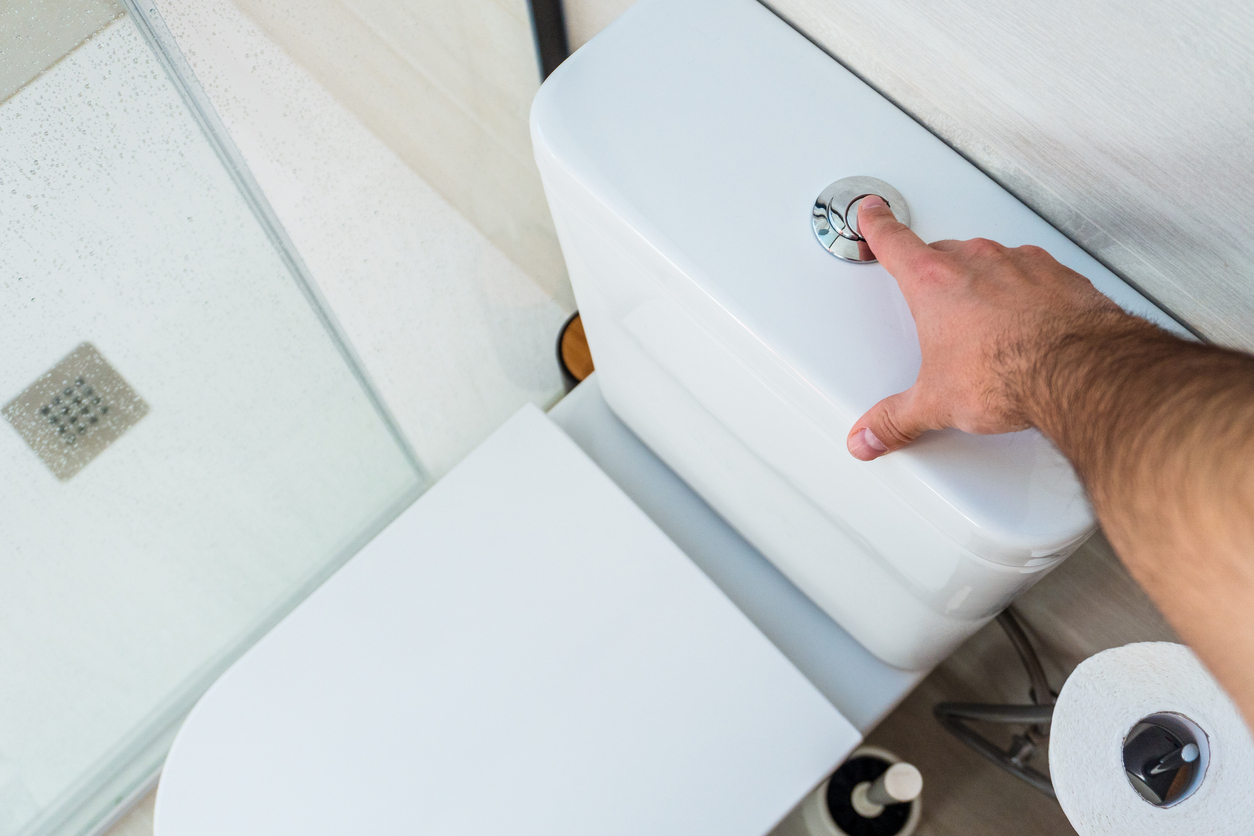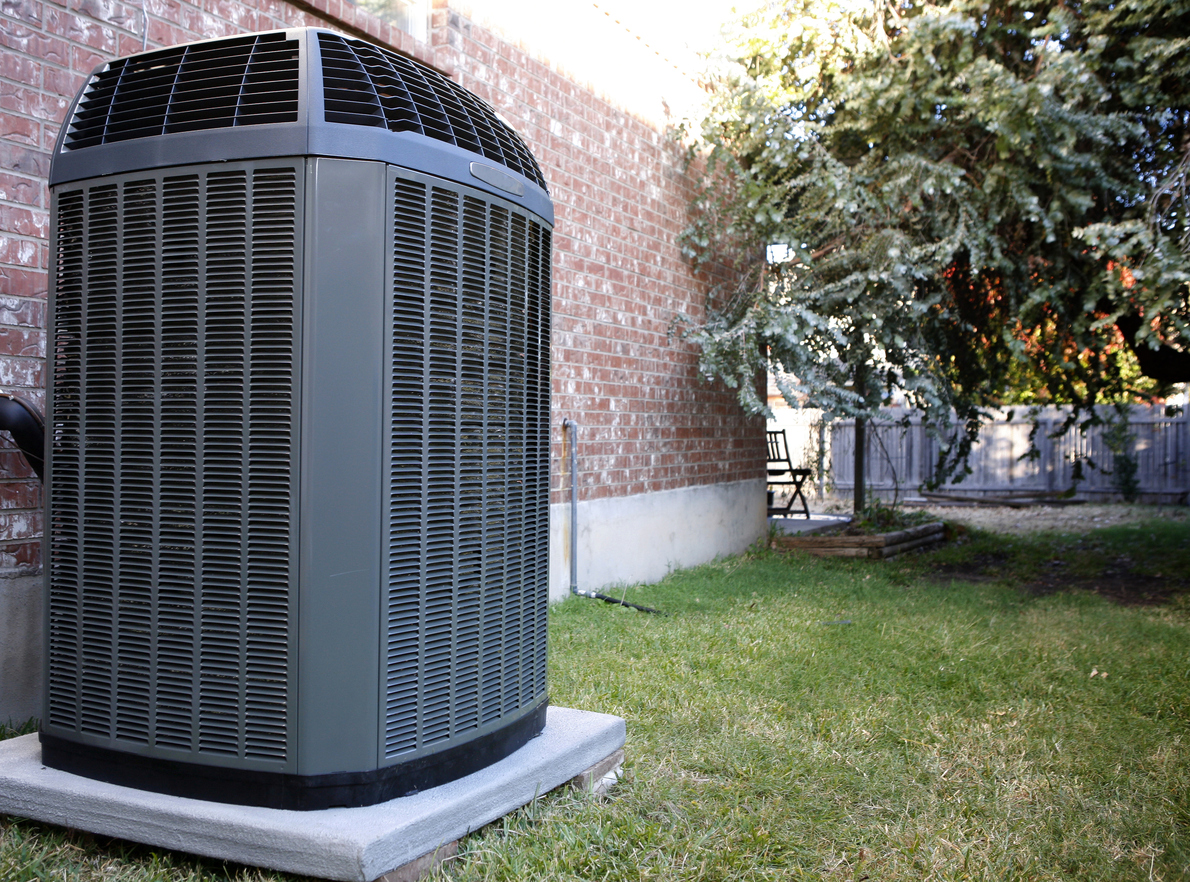The Dangers of Chlorine in Drinking Water
When you turn on the faucet to get a glass of water to drink, you naturally expect it to be clean and potable. However, it’s no secret that water can contain several contaminants. For this reason, it’s not uncommon for many municipalities and utility companies to use disinfectants like chlorine to treat water so it becomes safe and clean for human consumption.
While chlorine has been known to be highly effective in killing harmful microorganisms, it is not without its drawbacks. There are potential dangers of chlorine in drinking water, so alternative methods of water disinfection may have to be seriously looked into.
Is chlorine needed in drinking water?
The addition of chlorine in drinking water has numerous benefits. It is a highly effective and affordable disinfectant, capable of destroying a wide range of pathogens. Chlorine kills bacteria by disrupting their cell walls and inhibiting their metabolic processes. It also reacts with organic matter and contaminants, reducing unpleasant odors and tastes in the water.
By using chlorine, water treatment facilities can significantly reduce the risk of waterborne diseases. It has played a crucial role in preventing outbreaks of illnesses like cholera, typhoid fever, and dysentery throughout history. Chlorine’s natural disinfectant properties have made it an essential tool in maintaining public health and preventing the spread of several fatal diseases.
However, the use of chlorinated drinking water is not without its problems. When chlorine reacts with organic matter, it can form disinfection byproducts or DBPs that have been found to be associated with several health concerns, including increased cancer risks and reproductive issues.
Dangers of Chlorine in Drinking Water
As mentioned above, chlorinated water is generally safe to drink. However, there may also be some problems with it, especially if chlorine is used too much, or if the consumer has a condition that adversely reacts to chlorine. So, the question remains: What are the side effects of too much chlorine in your water? Below are some of the common dangers that have been linked to chlorinated water consumption.
1. Disinfection Byproducts Creation
This is one of the primary concerns when it comes to the use of tap water chlorine. When the gas reacts with organic matter in water, it can form harmful compounds such as trihalomethanes (THMs) and haloacetic acids (HAAs). These DBPs (disinfection byproducts) have been linked to an increased risk of cancer and other adverse health effects.
2. Allergic Reactions
One of the side effects of chlorine in drinking water is that it can cause irritation to the skin, eyes, and the respiratory system. This can lead to the development of allergic reactions. People with sensitive skin or pre-existing respiratory conditions, such as asthma, may experience worsened symptoms when exposed to chlorinated water.
3. Internal Health Disruption
Chlorine not only kills harmful bacteria but also affects the beneficial ones found in the body. Consuming chlorinated water may also disrupt the balance of the microbiome in the gut, which plays a crucial role in the digestion process and in your overall health.
4. Environmental Impact
The dangers of chlorine in drinking water are not limited to humans. When chlorine-treated water is discharged into rivers and lakes, it can also endanger marine life. Chlorine is toxic to fish and other aquatic organisms, and its presence in water bodies can lead to the accumulation of harmful chemicals in the environment.
How To Remove Chlorine in Drinking Water
Should you remove chlorine from drinking water? Well, the answer depends on your situation. Are you or any member of your household having any adverse reactions to the chemical? Do you want to make sure that the water you’re drinking is 100% safe? If so, then yes, you should remove chlorine from your drinking water.
How long should tap water sit to remove chlorine? To remove chlorine from tap water, you can let it sit uncovered for approximately 24 hours. This allows the chlorine to dissipate as it will naturally evaporate from the water. However, the exact time required for complete chlorine removal can vary depending on factors such as the temperature, the level of chlorine in the water, and the size of the container used.
In general, 24 hours is a reasonable timeline. However, if you live in an area with higher chlorine levels or if you want to ensure thorough removal, you may consider letting the water sit for a slightly longer period. Alternatively, chlorine in drinking water can be removed through boiling for about 15 minutes. This should allow chlorine to vaporize, leaving the water dechlorinated, but remember to let it cool before using.
Should you remove chlorine from drinking water?
While chlorine in tap water is generally considered safe at the levels used for disinfection, it can react with organic compounds in the water to form harmful chemicals. If you are concerned about this, there are several alternatives and treatment options you can consider, like the following:
1. Activated Carbon Filters
Activated carbon filters can effectively remove chlorine and its byproducts from water. These normally have large surface areas that can adsorb chlorine molecules and other contaminants. Installing an activated carbon filter on your faucet or using a pitcher with a carbon filter can provide you with chlorine-free drinking water.
2. Reverse Osmosis
This filtration method uses a semipermeable membrane to remove a wide range of contaminants, including chlorine and its byproducts.
3. Distillation
Distillation involves boiling water and collecting the condensed steam. This can effectively leave behind contaminants such as chlorine.
4. Ultraviolet Disinfection
This water treatment technique utilizes ultraviolet light to kill water-based microorganisms. When water is exposed to UV radiation, it disrupts the DNA of bacteria, viruses, and other pathogens, rendering them incapable of reproducing. UV treatment is an environmentally friendly method that doesn’t introduce any chemicals into the water.
5. Chloramine Disinfection
Some water utilities use chloramine (a combination of chlorine and ammonia) as an alternative to chlorine. This has a lower tendency of forming harmful disinfection byproducts.
6. Ozonation
This is a process where ozone, a powerful oxidant, is used to disinfect water. It effectively kills bacteria and viruses without forming harmful byproducts. However, ozonation may require additional treatment steps to ensure complete disinfection, including the removal of ozone before the water reaches consumers.
Key Takeaway
Chlorine is an important disinfectant used in water treatment to eliminate harmful microorganisms and ensure the protection of public health. While the dangers of chlorine in drinking water should not be discounted, regulations and advancements in treatment technologies have nevertheless minimized these risks, ensuring the delivery of safe drinking water to the population.
Additionally, some plumbing companies are known to offer water filtration services as part of their basic offerings. These are worthwhile alternatives that you can explore to further ensure that the water you drink is both clean and free from the potential dangers associated with chlorine.
Stay safe with the best water filtration services from Absolute Electrical Heating and Air.
While chlorine has been widely regarded as safe, there are side effects of chlorine in drinking water that you should be wary of. For this, Absolute Electrical Heating and Air offers you its top-notch water filtration services.
Our plumbers in Thornton will install and maintain the system in your home to ensure that your drinking water is clean. This will also help keep your plumbing protected from being contaminated with unclean water. Call us now, and we’ll ensure your safety.
CONTACT US
Request Service


Save Every Year with an Absolute Advantage Membership
Expert Annual System Safety Inspections & More
- Priority service
- Waived dispatch fees
- Yearly furnace, A/C, & electrical system inspections
- 10% discount on repairs and additional diagnostic services
- Up to $500 off HVAC & electrical panel replacements














